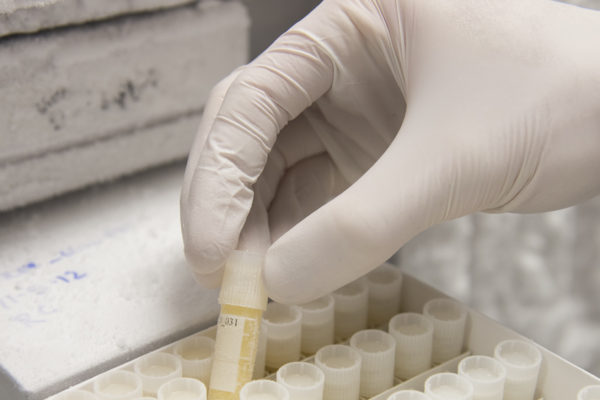A person’s diet, acidity of urine may affect susceptibility to UTIs
The acidity of urine — as well as the presence of small molecules related to diet — may influence how well bacteria can grow in the urinary tract, a new study shows. The research, led by Jeffrey Henderson, MD, PhD, at Washington University School of Medicine in St. Louis, may have implications for treating urinary tract infections, which are among the most common bacterial infections worldwide.
Slaying bacteria with their own weapons
A novel antibiotic delivery system would exploit small molecules called siderophores that bacteria secrete to scavenge for iron in their environments. Each bacterium has its own system of siderophores, which it pumps across its cell membrane
before releasing the iron the siderophores hold. If an antibiotic were linked to one of these scavenger molecules, it would be converted into a tiny Trojan horse that would smuggle antibiotics inside a bacterium’s cell membrane.
Humans have been changing Chinese environment for 3,000 years
A widespread pattern of human-caused environmental degradation and related flood-mitigation efforts began changing the natural flow of China’s Yellow River nearly 3,000 years ago, setting the stage for massive floods that toppled the Western Han Dynasty, suggests new research from Washington University in St. Louis.
Water detection at Gusev crater described
Alian Wang in the laboratoryA large team of NASA scientists, led by earth and planetary scientists at Washington University in St. Louis, details the first solid set of evidence for water having existed on Mars at the Gusev crater, exploration site of the rover Spirit.

